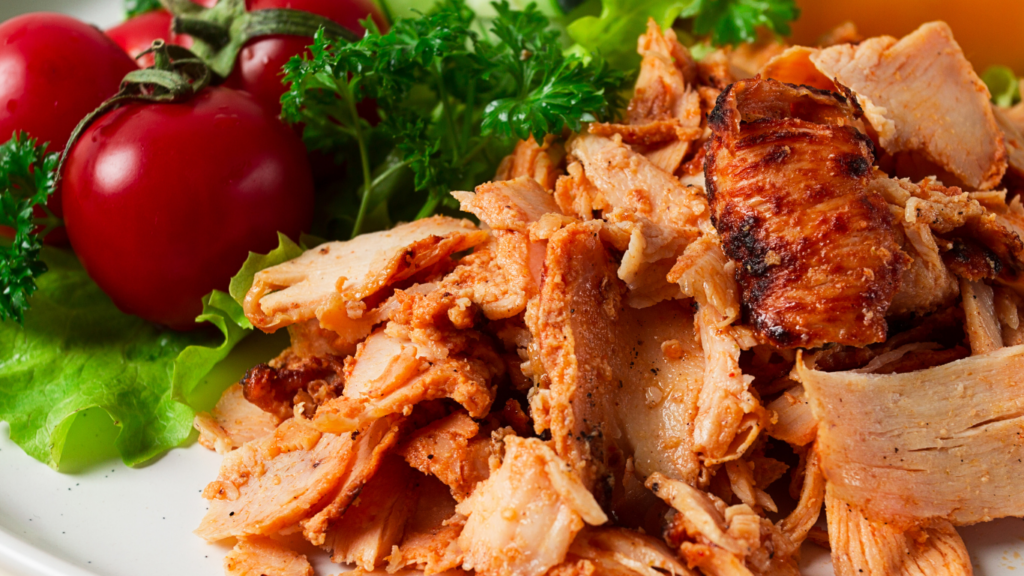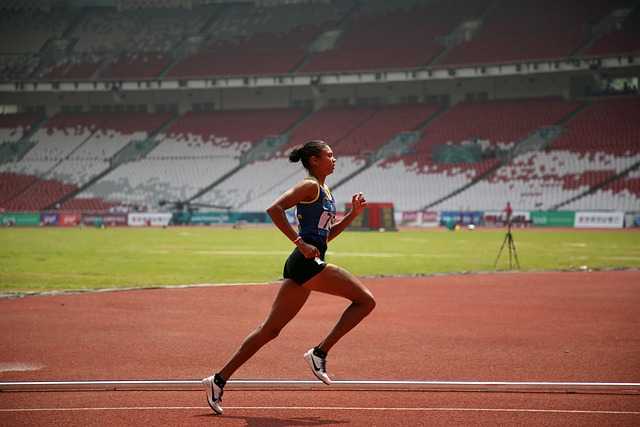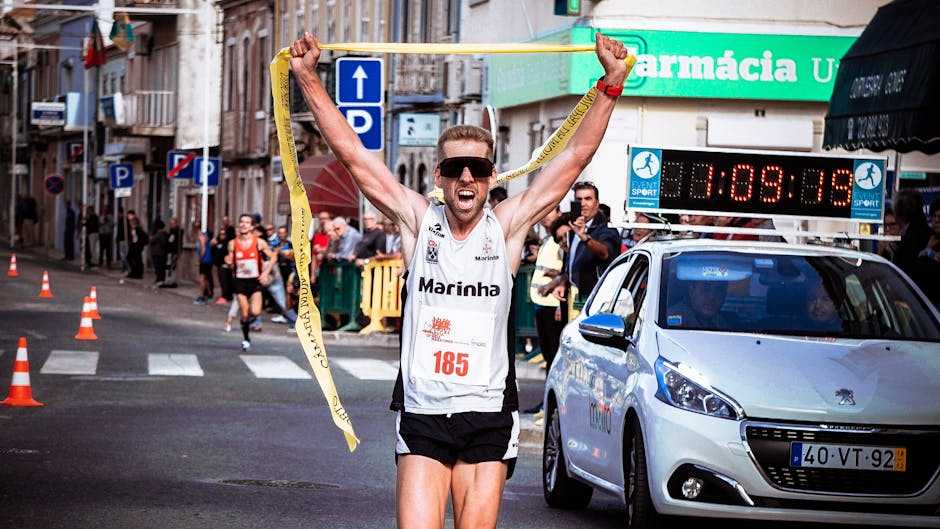Assessing Your Current Fitness Level
Evaluating your fitness level helps tailor your training and nutrition plans. This ensures you’re prepared on race day.
Identifying Strengths and Weaknesses
Start by examining past performance metrics, like race times or training logs. Tracking details such as:
- pace
- distance
- heart rate
reveals patterns.
Document physical strengths, such as speed or endurance, and note areas needing improvement. For example, some runners excel in sprints but struggle with long distances.
Another method is conducting a fitness assessment, including tests like the Cooper test or a VO2 max test, to gain accurate insights.
Setting Realistic Goals for Your Race
Establish clear, achievable goals based on your fitness assessment. For instance, if past race times show a trend of gradual improvement, set a time goal reflecting that trajectory.
Integrate specific markers, like completing a certain distance within a set pace, into your training schedule. Create a systematic plan, breaking down the race goal into manageable chunks.
For example, if aiming for a marathon, plan incremental increases in mileage each week. Check progress consistently to adjust goals as needed.
Developing a Personalized Training Plan
Creating a personalized training plan enhances performance and minimizes injury risks. It considers individual fitness levels, past performance, and future goals.
Balancing Distance, Speed, and Recovery
Careful balance among distance, speed, and recovery maximizes efficiency. Long runs build stamina and endurance for race day. Incorporating interval training improves speed and cardiovascular strength.
Ensuring regular rest and recovery sessions, including easy runs and rest days, prevents overtraining and repairs muscle tissue.
Incorporating Cross-Training and Flexibility Exercises
Cross-training techniques such as cycling, swimming, and strength training prevent overuse injuries and improve overall fitness.
Engaging in these activities enhances muscle functions without adding strain to running-specific muscles.
Flexibility exercises like yoga and dynamic stretching improve range of motion and reduce muscle stiffness, contributing to better running form and decreased injury risk.
Nutrition Strategies for Runners
Strategic nutrition boosts performance and ensures optimal energy levels on race day. Focus on essential nutrients, hydration, and meal timing for peak results.
Essential Nutrients and Hydration Needs

Runners need a balanced intake of carbohydrates, proteins, and fats to sustain energy.
- Carbohydrates, found in whole grains and fruits, provide the primary energy source.
- Proteins, from lean meats and legumes, repair muscle tissues.
- Healthy fats, in nuts and avocados, support cellular functions.
- Hydration is critical. Aim for 0.5-1 ounce of water per pound of body weight daily.
- Before runs, drink 16-20 ounces of water two hours prior.
- During long runs, consume 7-10 ounces every 10-20 minutes.
- Post-run, replenish fluids based on weight loss.
- Electrolytes, like sodium and potassium, prevent cramps and maintain fluid balance.
- Get these through sports drinks or foods like bananas and nuts.
Timing Your Meals for Optimal Performance
Meal timing impacts performance significantly. Eat a large meal with carbs, protein, and fats 3-4 hours before running. For example, a meal with brown rice, chicken, and vegetables.
Two hours before running, consume a lighter snack like a banana with peanut butter. Avoid heavy, high-fat foods close to running to prevent digestion issues.
During long runs, refuel with easy-to-digest carbs like energy gels or sports drinks every 45-60 minutes.
After running, consume a mix of carbs and protein within 30 minutes for recovery, such as a smoothie with fruit and protein powder.
Mental Preparation Techniques
Mental preparation is crucial for race day success. I use several techniques to ensure my mind stays as strong as my body.
Visualization and Mental Rehearsal
I practice visualization to prepare mentally. This involves imagining myself successfully completing the race from start to finish. I visualize each section of the course and anticipate potential challenges.
Mental rehearsal helps me build confidence by ingraining the race routine in my mind.
Coping with Pre-Race Anxiety
To handle pre-race anxiety, I rely on several strategies. I practice deep breathing exercises to calm my nerves.
Additionally, I focus on positive self-talk, reminding myself of past successes and the hard work I’ve put in training. Engaging in a consistent pre-race routine provides a sense of control and familiarity.
Race Day Preparation
Race day can determine the outcome of months of hard work. My focus on race day is to optimize my nutrition and double-check all essentials.
What to Eat on the Day of the Race
My breakfast on race day includes easily digestible carbohydrates. I opt for foods like oatmeal, bananas, and whole-grain toast. Hydration is equally crucial, so I drink water and a sports drink to balance electrolytes.
During the race, energy gels or chews every 45 minutes help maintain energy levels without causing digestive discomfort.
Final Checklist for Race Day
I make sure to have my race bib, timing chip, and any required identification ready.
My running shoes, socks, and race outfit are laid out the night before. I carry essentials like a water bottle, sunscreen, and a light pre-race snack in a small bag.
A quick warm-up routine and a few minutes of mental focus help set the right mindset before the starting signal.



